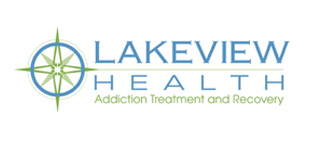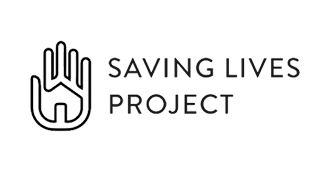Alcoholism Diagnosis Criteria
There are several ways that people come to the conclusion that they their drinking is out of control and self-diagnose themselves as alcoholics. Ultimately it takes the person with the substance abuse issue to figure it out for the path to recovery to begin. Luckily, family and friends can help open a person’s eyes to the truth, and the medical community also has a vested interested.
Doctors have long since established guidelines for diagnosing alcoholism and the criteria has just changed. There are different types of drinkers and with that comes different kinds of alcoholics. Alcoholism ranges from mild to moderate to severe. Regardless of where the drinker falls on the spectrum, professional help is needed to reverse the person’s trajectory.
A study recently published in the journal JAMA Psychiatry reveals that nearly 33 percent of adults in the United States have Alcohol Abuse Disorder throughout their lives, but only 20 percent of those with this issue seek treatment. In the last year alone, 32 million Americans (more than 14 percent) struggled with a serious alcohol problem. Binge drinking has experience a sharp rise in the U.S., so not only are people drinking more often, but also much larger quantities.
The highest rates of alcoholism in the country were found to be men (36 percent of men) and Native Americans (43 percent of this group), a well as the young and unmarried population.
Since the alcoholism standard was set several decades ago, drinking problems were categorized as alcohol abuse or alcohol dependence. Now, there is a spectrum.
The diagnoses criteria is comprised of 11 items that cover issues like anger, social interactions, and feelings of guilt. Answering positive to at least two of the issues puts the person on the mild end of the alcoholism spectrum, and at least six items puts the person on the severe end of the spectrum.
Here are a few of the diagnosis survey questions:
Have you had times when you ended up drinking more, or longer than you intended?
Do you spend a lot of time drinking, or being sick or getting over the aftereffects?
Have you experienced a strong need—or urge—to drink?
However, alcoholism diagnoses still come on a case-by-case basis. For some people, even one drink per day could pose serious issues, depending on family and personal history, and behavior. Wherever a person may fall on the spectrum, treatment in all cases, on each end of the spectrum, requires completely abstaining from alcohol and seeking professional support.






COMMENTS